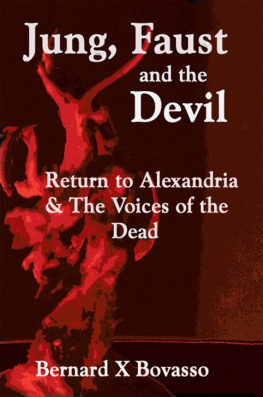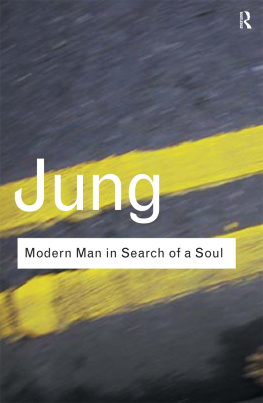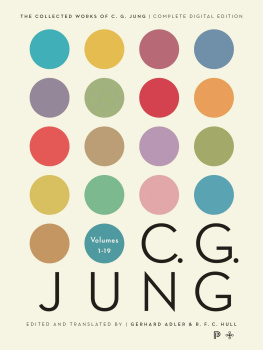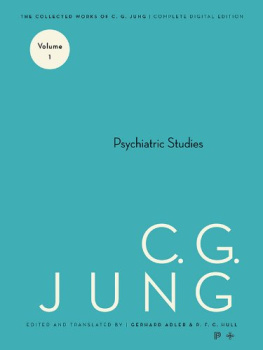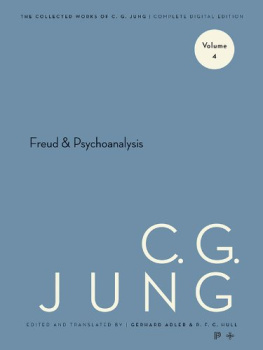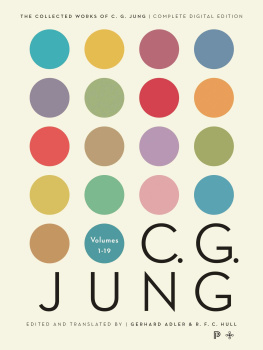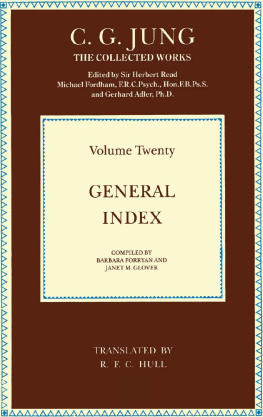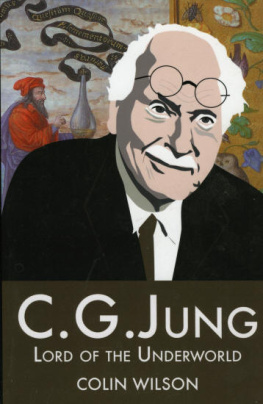JUNG, FAUST
and the
DEVIL
Return to Alexandria &
The Voices of the Dead
Bernard X Bovasso

AuthorHouse
1663 Liberty Drive
Bloomington, IN 47403
www.authorhouse.com
Phone: 1-800-839-8640
2012 Bernard X Bovasso. All rights reserved.
No part of this book may be reproduced, stored in a retrieval system, or transmitted by any means without the written permission of the author.
Published by AuthorHouse 8/9/2012
ISBN: 978-1-4772-1610-1 (hc)
ISBN: 978-1-4772-1612-5 (e)
ISBN: 978-1-4772-1611-8 (sc)
Library of Congress Control Number: 2012910661
Any people depicted in stock imagery provided by Thinkstock are models,
and such images are being used for illustrative purposes only.
Certain stock imagery Thinkstock.
Because of the dynamic nature of the Internet, any web addresses or links contained in this book may have changed since publication and may no longer be valid. The views expressed in this work are solely those of the author and do not necessarily reflect the views of the publisher, and the publisher hereby disclaims any responsibility for them.
Contents
Jung and His Other
Psychic Duplexity
Petrification of the Prima Materia
Jung, Faust and the Germanic Psyche
Sermio IV
The dead filled the place
Murmuring and said:
Tell us of gods and devils,
Accursed one!
The god-sun is the
Highest good;
The devil is the opposite.
Thus have ye two gods.
The Seven Sermios to the Dead written by Basilides in
Alexandria, the City where East toucheth the West.
C.G.Jung
D uplexity intends the State of Twoness whose peculiar reference is to the term Binarius, another name for what is designated in Biblical Scripture as the Devil or Satan. Otherwise personified it is familiar as the principle of Evil and is accounted for as the Second Day of Creation that ends on the Sixth Day as the creation of mortality. With mortality Death is posited so that The Binarius has close association with Hades, the Lord of Death and which implies the greatest Evil known to humans is Death and in extension, the abscence of Immortality or in any way what in The One before two is designated as God the Father.
At this point the ontological (Beingness) falls back on the numerical One and Two for the simple reason that they indicate alternate realities both in effect at the same time. Theological this is the problem of Good and Evil. Psychologically, however, it poses the question of choice, literally which of my duplexity of personality is either the favored or more active one, indicating that the choice in the matter dispatches the other one to unconsciousness. But this is equally the problem of Twoness and appropriately of the Devils party since there hardly any freedom of choice for which Ones of the Two is to be favored. This was characteristic for the Swiss Analytical Psychologist, Prof. Dr. C.G. Jung of Zurick who made published claim in his memior of having two personalities. Because the life of Jung has enjoyed wide biographical and autobiographical exposure the problem of Twoness or, if you will, The Binarius, stimulates a universal concern for the work of the Devil as instrumental may be intended as either coming into being or not to be as the beginning of mortality and its consequence in all aspects of phenomena extending Old Nick as the agency of this and its other and the choice of either doing your duty or getting off the pot.
Bernard X Bovasso
Jung and His Other
T he name Philemon has reached public notice as much as the name of its author, Analytical Psychologist Prof. Dr. C.G. Jung. This is not so odd considering that more is publicly known about the man Jung on a multi-dimensional level than many a celebrity in recent history. Much has been revealed for all to see from the level of depth, breadth and intensity that not only includes his pioneer work in Depth Psychology but the more recent publication of his secretive creative endeavors now broadcast in a lavish facsimile edition of his original closet composed Red Book. As if suddenly the man of mind and his science of the psyche is brushed aside for the man of fabulous fantasy magic. That would be to say the man Jung has been eclipsed by his own imaginary man, Philemon.
Who is Philemon and by what power does he take stage center? Jung did not have to answer this question involving his successor because he insisted that the all his life closet work be made public only posthumously, almost as if to publicly reveal this other of his life as in fact a prognostication of his afterlife. Hardly a morbid preoccupation: the subject of Death and all that goes with it from the mythological to the metaphysical and theological filled his life from childhood on. However, this was only the secret and occluded Jung that voiced what he called his No. 2 personality. No.1 personality, by contrast was Jung up front as practicing Analytical Psychologist very much involved with defining the epistemic nature of the psyche and its individual and collective affectivity. My own interest in the man and his work is thus developed part in awe and part in critical assessment of him and his multidimensional, if only duplex approach to himself, the world and, of course his patients, family and friends.
Psychic Duplexity
B ut who or what is Philemon? I will take the liberty of suggesting that the etymology of the name is not so cryptic as Jung would prefer it, the better to further conceal this automagical fantasy Other: However the name was borrowed from Greek mythology its etymological construction is telling: Philo, as in brotherly love and Mon combine to simply indicate love of the One. Considering that Love is classically divided according to three affectations: Erotic Love, Brotherly or Platonic Love and love as Agappe or intense passion and rapture, The Mon as One would include all three forms of love. Not, however, to stop there when it may be noted that Mon, as in mono is a close etymological cousin to the Greek on and ontos (being and beings). Checkpoint again by the good doctor: Philemon for all his dress with horns and wings represents ontology or what is the metaphysical cream of philosophical milk since the era of pre-Socratic Greek physiologoi, students of nature.
Here the question of The One lags since no sooner posited than the Other of One takes stage center. Jung voiced his ontological problem of the One and its Other by noting his two personalities he called No. 1 and No.2. Aside from his Other Worldly unus mundus concerns the man Jung set his own stage by indulging his two personalities, often as much in complaint as in awe of his own duplexity.
Attempting thereby this study, the man Jung and his Other as Philemon, had to be explored as they ranged between Jung No. 1, his given extraverted personality and its alternate destiny as his lurking No. two introversion where the image of Philemon serves his palingenesis. He notes:
No. 2 had no definable character at all: he was avita peracta , born living, dead, everything in one; a total vision of life. Though pitilessly clear about himself, he was unable to express himself through the dense, dark medium of No. 1, though he longed to do so. When No. 2 predominated, No. 1 was contained and obliterated in him, just as, conversely, No. 1 regarded No. 2 as a region of inner darkness. No. 2 felt that any conceivable expression of himself would be like a stone thrown over the edge of the world, dropping soundlessly into infinite night.
Was No. 2 his inferior man representing what Jung would call the shadow and by which he meant inferior because undeveloped? That would render it as archaic: the shadow man as the Devil, properly dwelled in the underworld of unknowing as the Lord of Death himself who reigns over infinite night, From that standpoint No. 2 regarded No, 1 as a difficult and thankless moral task, a lesson that had to be got through somehow, complicated by a variety of faults such as spells of laziness, despondency, depression, inept enthusiasm for ideas and things that nobody valued, liable to imaginary friendships, limited, prejudiced, stupid, (mathematics!), with a lack of understanding for other people, vague and confused in philosophical matters, neither an honest Christian nor anything else.
Next page
